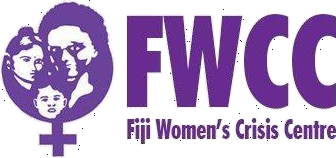In jailing Reverend Epeli Ratabacaca for the sexual assault of a woman who turned to him for spiritual help, the High Court recognised “the pre-meditation of the offending” and the position of power and influence Ratabacaca occupied, but the judge also pointed out that no tariffs have yet been set since criminal offences were reclassified under the Crimes Decree which came into force in early 2010.
However, while the court classified Ratabacaca’s at the lower end of the offending scale and pointed out that Ratabacaca had no previous criminal record, research has shown that those convicted of sexual assault had previously demonstrated a pattern of behaviour that often culminates in sexual assault. In Ratabacaca’s case, he first had contact with the woman in 2000 – at least 11 years before the incident for which he was charged occurred.
For a person with immense influence over others, Ratabacaca had an even greater responsibility not to take advantage of the power that he wielded.
It is on this point that we believe the court failed to adequately consider the issues involved and send a clear message to all that despite a person’s supposedly “exemplary record” and position in society, any form of sexual violence will not be tolerated.
The judge failed to adequately consider the immense position of power and influence that Ratabacaca held over the woman he assaulted even though the judge found that the pastor had “gone to some lengths to engineer” the circumstances to allow the woman to be alone with him, and other acts that pointed to blatant pre-meditation.
Ratabacaca will effectively only serve a sentence of less than a year-and-a-half for an offence which carries the maximum penalty of 10 years.
The Fiji Women’s Crisis Centre reiterates its call that training is necessary for judicial officers to understand the dynamics of sexual violence and the wide-ranging impacts of assault on survivors of violence.
